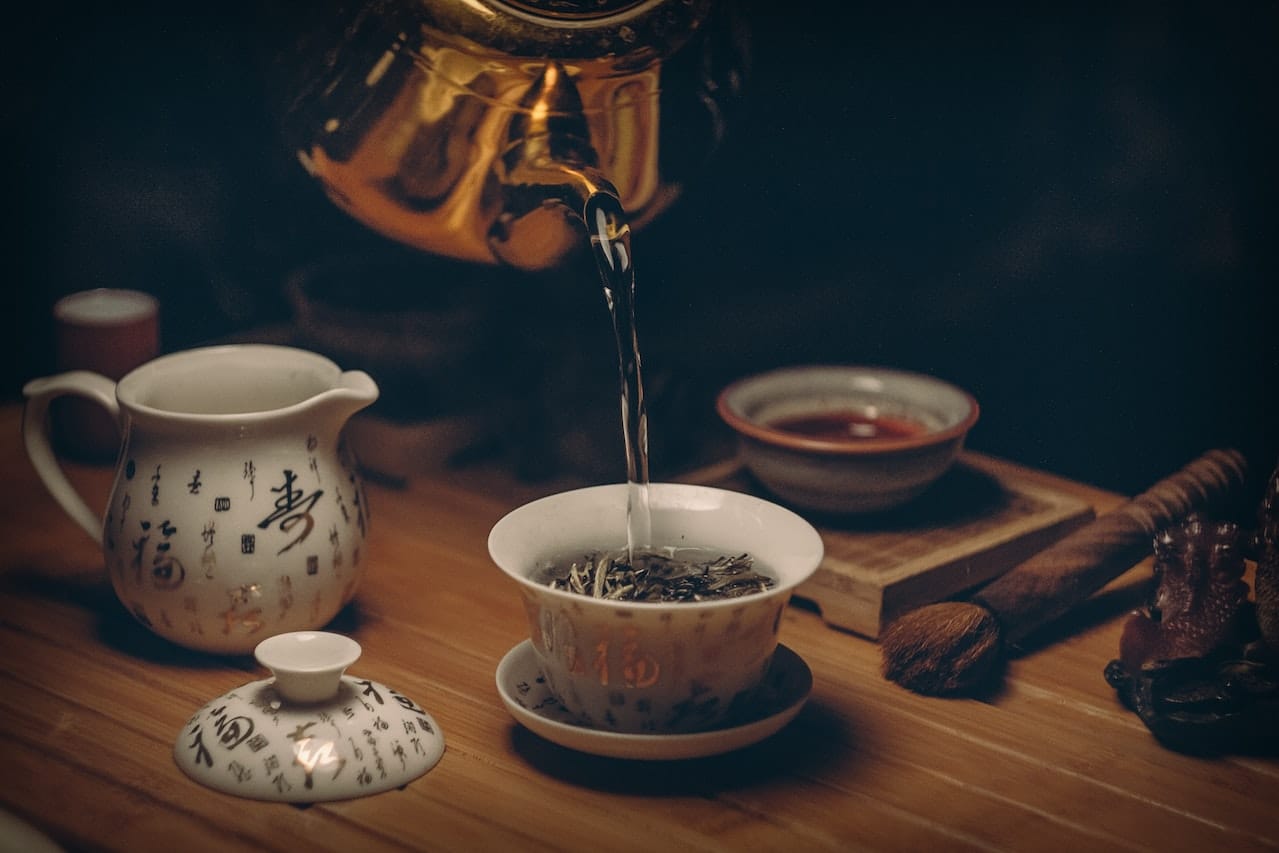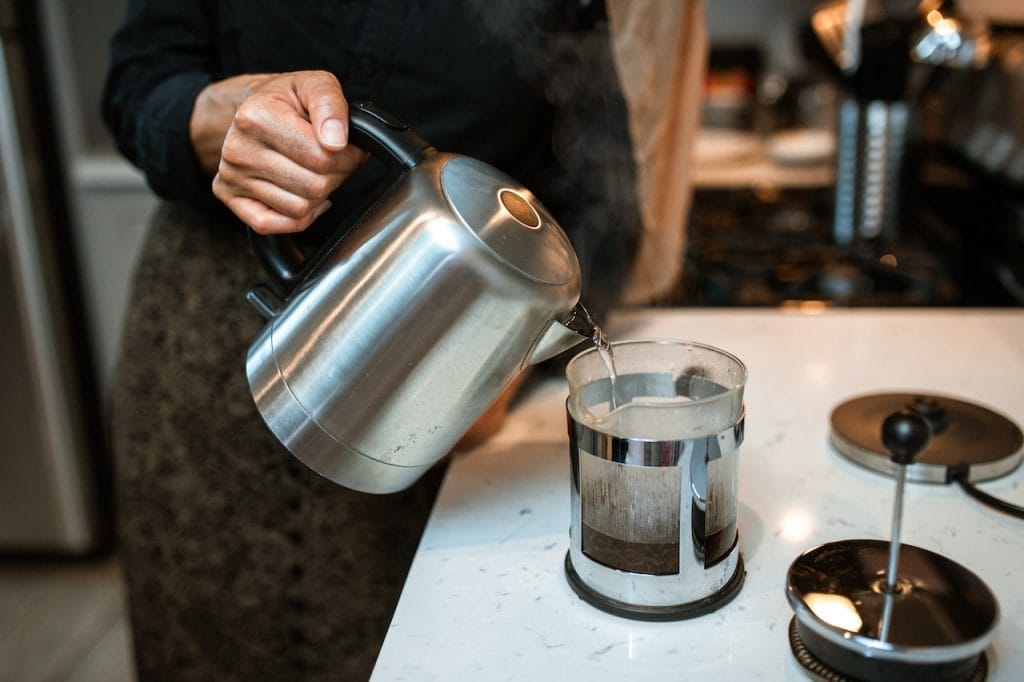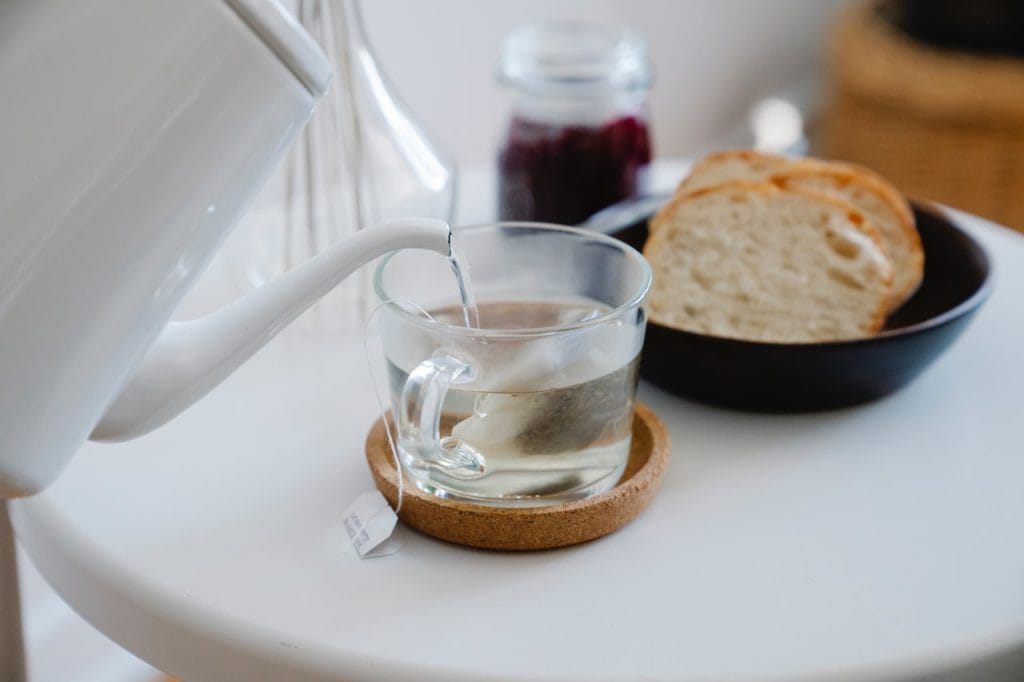It is a common belief that tea should not be brewed with too hot, boiling water, as this destroys the beneficial substances it contains. We decided to check if this is true.
Warnings not to brew tea with boiling water, so as not to “kill” all the beneficial properties, can be found in the media (for example, in “Rossiyskaya newspaper», "Arguments and facts» and others publications). Eat like this information and at specialized resourcesdedicated to tea, on sites online stores tea and related goods, entertainment portals.
We already wrote that tea contains a large number of different beneficial substances - from EGCG catechins in green to theaflavins in black. Do they really disappear if you pour boiling water over tea leaves? The effect of too hot water on green tea and its beneficial substances has actually been studied by scientists. Several experiments were conducted in which the water temperature and tea brewing time were changed, and then its composition and active ingredients were studied.
So, as a result researchconducted by Chinese scientists, it was found that green tea has the greatest antioxidant capacity if it is brewed for five minutes at a temperature of 90 ° C. The amount of antioxidants at 95 °C was only slightly lower - it cannot be said that hot water “killed” them.
To a little different results Scientists came from Turkey: they found that the largest amount of EGCG catechins (and it is to them, as we have already written, that green tea owes most of its beneficial properties) is present in the drink if the tea is brewed at a temperature of 85 °C. Hotter water leads to the degradation of catechins and, according to scientists, a significant reduction in the amount of EGCG in tea. True, too cool water is also bad, since at 75 ° C the antioxidant potential of tea leaves does not transfer into water.
Slovenian scientists identified two options for optimal brewing of green tea, which led to the maximum concentration of antioxidants: 20 minutes at 80 ° C or 10 minutes at 95 ° C. Higher temperatures and longer brewing times led to the degradation of catechins.
However, there have been studies with different results. For example, scientists from the USA, on the contrary, came to conclusionthat brewing tea at 100°C releases antioxidants more effectively than brewing tea at 80°C. Perhaps it depends on the specific type of tea.
With them agree and Polish scientists: they compared the composition of infusions brewed at 65, 85 and 100 ° C, and came to the conclusion that the higher the temperature, the more successfully antioxidants are released from tea leaves. However, exposure to high temperatures for too long can have a detrimental effect on the beneficial properties of tea.
Surprisingly, although there are quite a few scientific works on the methods of brewing green tea and their effect on beneficial properties, it was not possible to find similar studies on black tea. On thematic portals dedicated to tea, advise Brew black tea and dark oolong tea with boiling water, as the tough, oxidized leaves need to be “broken” to release flavor, aroma and antioxidants. Some varieties puerh You don’t just need to pour boiling water over it, but also boil it for several minutes.
Specialized publications offer These are the optimal temperatures for brewing different types of tea:
- white tea - 71–85 °C;
- green tea - 60–88 °C;
- oolong - 82–93 °C;
- black tea - 88–93 °C;
- puerh - 93–100 °C.
British Tea Association advises Brew black tea at a temperature of 90–98 °C (that is, close to boiling), and green tea at 80 °C. It is always worth reading the instructions on the packaging.
Herbal infusions, strictly speaking, are not tea, but we will also say about them: experts recommend boiling them. For example, the antioxidant capacity of rooibos tea is significantly increases after boiling compared to brewing with cold or even hot water.
German scientists at the same time thinkthat brewing tea with insufficiently hot water is dangerous, since the leaves may contain pathogenic microorganisms that die only in boiling water.
Thus, there is no consensus among scientists at what temperature is best to brew green tea, research results vary - perhaps it depends on the specific type of tea. Some people believe that the water temperature should be no more than 85 °C, while others believe that the hotter the better. In any case, even in studies by supporters of lower temperatures, the beneficial antioxidant properties of green tea in boiling water were only slightly reduced, and not completely “killed.” It was not possible to find authoritative scientific studies on the effect of water temperature on the beneficial properties of black tea, however, many specialized publications and organizations claim that 100 °C and values close to this are the optimal temperature for brewing these types of tea. And they even recommend boiling pu-erh for several minutes. Moreover, if you brew tea in the traditional way by pouring boiled water into a teapot, it is quite difficult to get 100 ° C, since this is the temperature at the moment of boiling - as soon as the water stops boiling, it immediately is cooling down by a few degrees.
Mostly not true
Read on the topic:
- Is it true that green tea is healthier than black tea?
- Is it true that honey in hot tea becomes poison?
- TeaClass - online course about tea (English)
- British Tea and Herbal Association
If you find a spelling or grammatical error, please let us know by highlighting the error text and clicking Ctrl+Enter.








